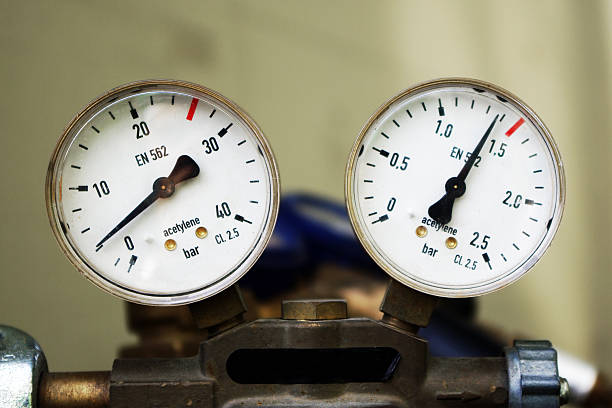The next decade will see some of the biggest and most fundamental changes in how many people live their lives, as technologies previously considered to be more in the realm of science fiction become plausible, affordable and more desirable.
Whilst the current group of electric boilers and combination heating systems are more conventional systems, the systems that will replace them once they reach the end of their working life are currently up for debate, with the future of how we heat our homes as yet undecided.
At present, the two most likely technologies to replace the newest generation of boilers represent the most efficient and renewable use of current technological ideas, and a more revolutionary approach to heat, at least in the United Kingdom.
On one side, there are hydrogen heaters. On the other, there are heat pumps. In between them is a fierce debate for how the homes of the future will be heated.
- Two Technologies, Two Approaches
What makes what some publications have described as “The War For Heat’s Future” so fascinating is that the two biggest and most likely successors to the current generation of boilers are fundamentally very different in how they approach making more efficient and affordable heat in the long term.
The first, and the more conventional solution is the hydrogen boiler, which substitutes natural gas with hydrogen gas as it becomes more readily available as a heating product, allowing for hydrogen gas to be gradually phased into the supply without people noticing much of a difference except in energy bills.
The difference is more in the internals of the boiler itself, which would be designed around the different combustion qualities of hydrogen gas compared to natural gas, with new boilers built around a “hydrogen ready” standard that could be easily modified to transition to 100 per cent hydrogen.
By contrast, a heat pump represents a different way of generating heat entirely, capturing and compressing heat present outside the home and moving it inside, using an electrically powered heat pump.
Gas under pressure is warmer and gas with less pressure is colder, so a heat pump can use a compressor or expansion valve respectively to carefully control the temperature of a refrigerant gas, which would subsequently be transported around a central heating system.
It is a new, very efficient heating system approach, although exactly how cheap it is will depend on the cost of the electricity used to run it.
- What Will The Future Hold?
At present, the future is unclear, with both of the most popular solutions likely to require a significant infrastructural change for them to be used at a national scale.
For heat pumps, the issue is both in terms of ensuring the National Grid is robust enough to handle the electricity requirements for 22m heat pumps, as well as upskilling heating engineers to handle the complex challenges of installing the systems in a way that maximised efficiency.
By contrast, hydrogen gas is currently primarily produced as a byproduct of natural gas, and for it to be an efficient heating solution, more hydrogen gas needs to be produced using renewable methods such as electrolysis.

